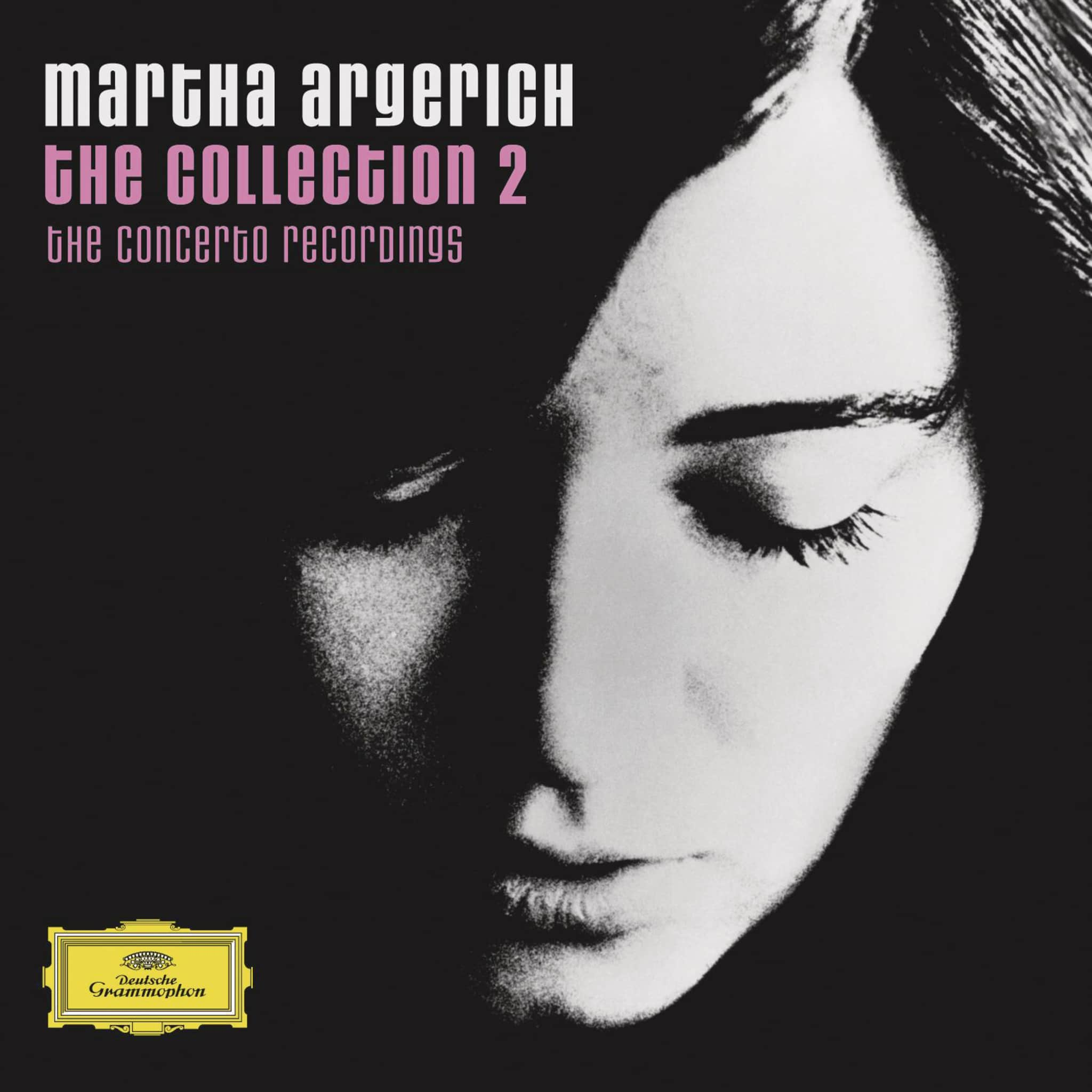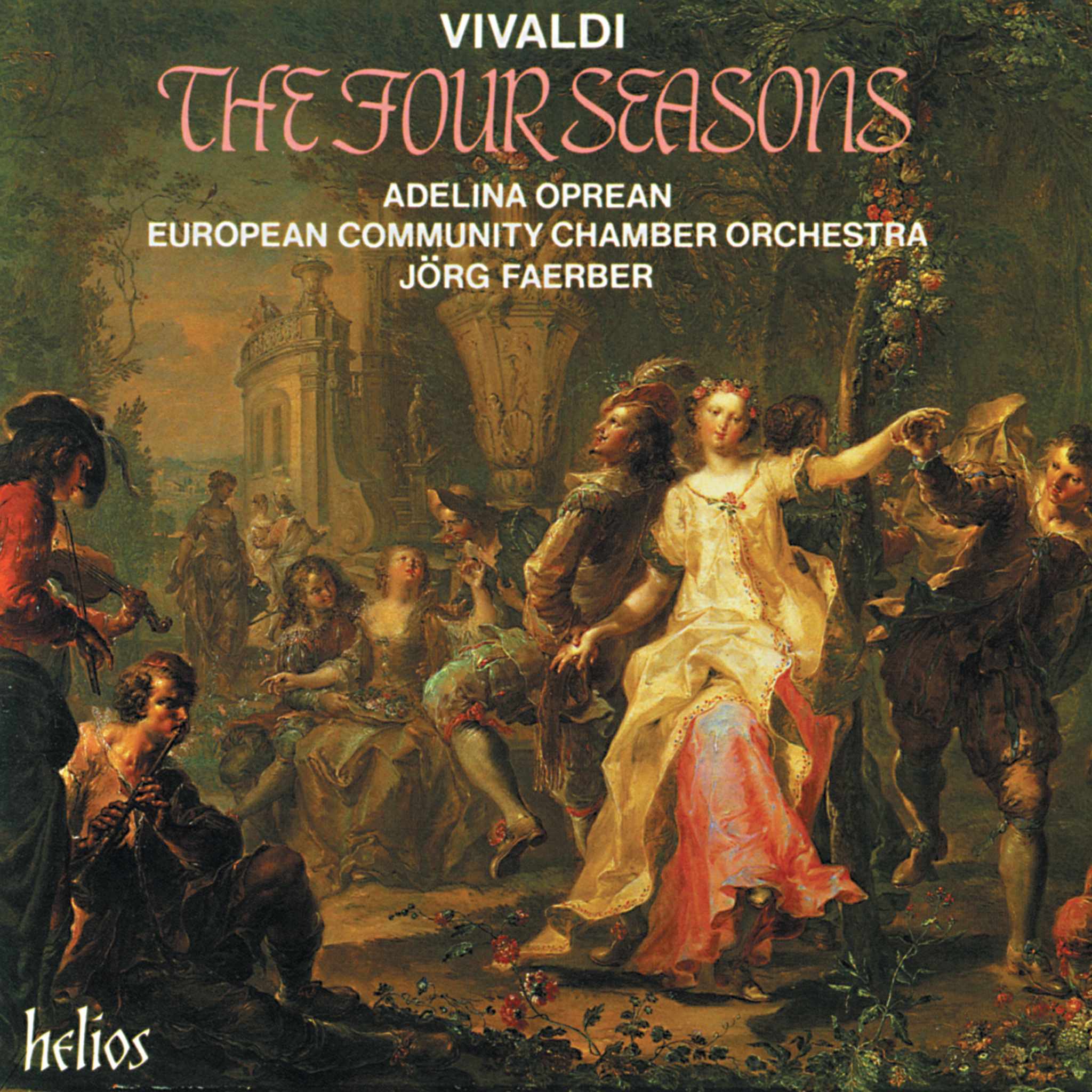Overview of Jörg Faerber's Artistic Contributions
Jörg Faerber (1929–2022) was a highly respected German conductor best known for founding the Württemberg Chamber Orchestra Heilbronn (WKO) in 1960, which he developed into one of Europe’s leading chamber orchestras. His legacy includes a distinguished interpretation of the Baroque and Classical repertoire and collaborations with top soloists and ensembles across Europe.
Recorded Repertoire and Key Performances
Faerber's fascinating works highlight his versatility and depth as a conductor, with an impressive list of orchestral and concerto recordings. These include Shostakovich's Piano Concerto No. 1, Haydn's Piano Concerto in D Major, Vivaldi's The Four Seasons, Fiorillo's Violin Concerto No. 1, Viotti's Violin Concerto No. 13, and the Symphony in Europe from 1785.
His recordings often featured renowned soloists such as Maurice André, Alfred Brendel, Gidon Kremer, and Anne-Sophie Mutter, and prominent orchestras including the Württemberg Chamber Orchestra Heilbronn. Collaborations with violinist Adelina Oprean further underscore his engagement with both contemporary and historic performers.
Faerber's Musical Influence
Faerber’s artistic direction was marked by a focus on Baroque and Classical works. Initially emphasizing Baroque works, his repertoire expanded to highlight Mozart and other Classical composers, while maintaining an enduring commitment to early music. Under his leadership, the WKO performed to international acclaim, becoming a favorite among soloists such as flutist James Galway. Faerber was awarded the German Federal Cross of Merit and given the academic title of Professor, reflecting his status as a leading figure in German and European music.






